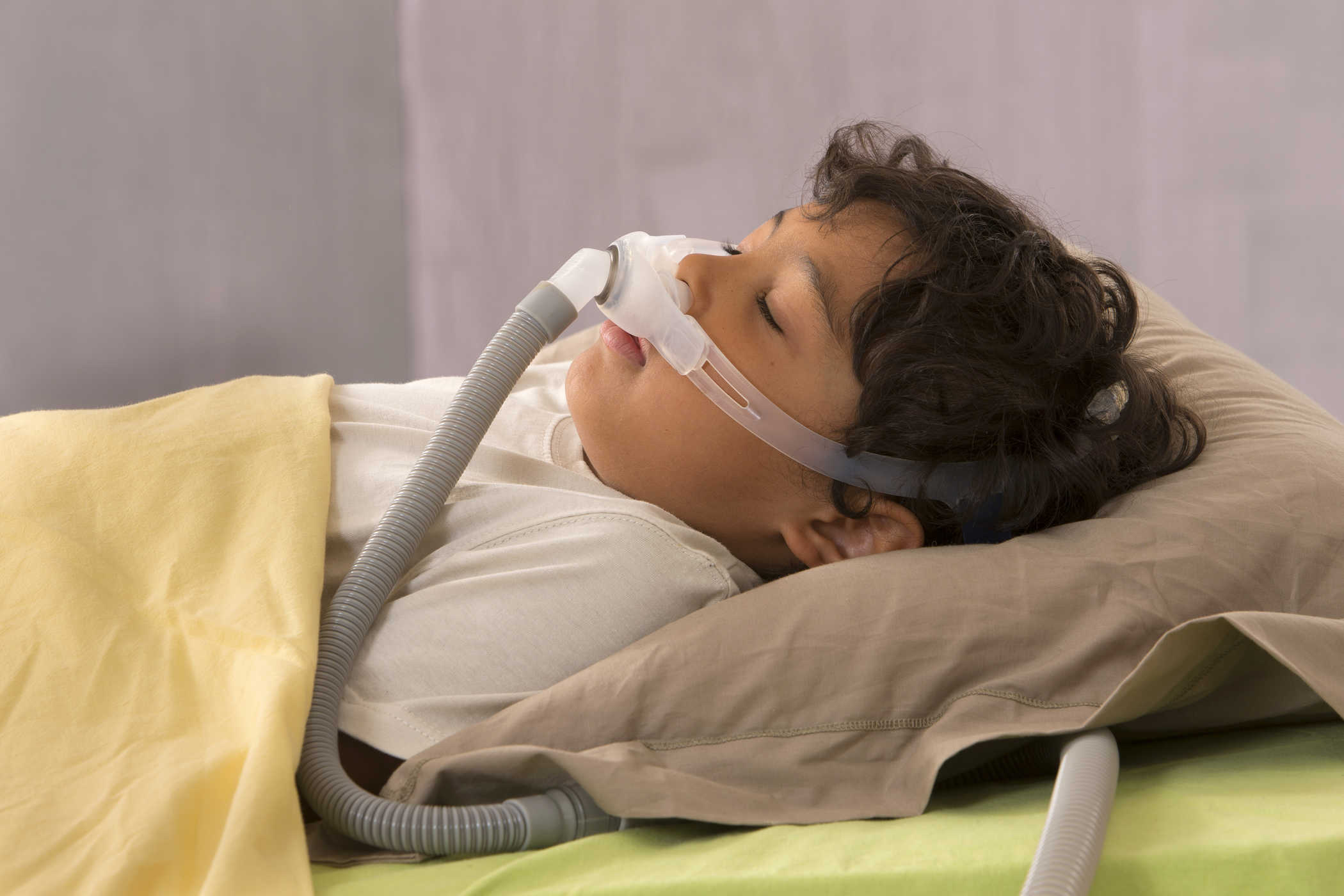Contents:
- Medical Video: Bacterial vaginitis treatments and symptoms - Dr. Jennifer Wu
- The process of transmitting bacterial vaginosis
- People who are at risk for bacterial vaginosis
- How to prevent bacterial vaginosis
- 1. Maintaining the balance of bacteria in the vagina
- 2. Don't do it douche
- 3. Having sex safely
Medical Video: Bacterial vaginitis treatments and symptoms - Dr. Jennifer Wu
Bacterial vaginosis (BV) is a condition caused by disruption of the balance of bacteria in the vagina. However, this general condition is often still poorly understood by many people. Bacterial vaginosis does not always cause vaginal pain or itching, but often causes unusual vaginal discharge.
Bacterial vaginosis and vaginal yeast infections are both common causes of vaginal discharge. They have the same symptoms, making it difficult to know whether you have BV or a fungal infection. Only a doctor or nurse can tell for sure that you have BV. To find out more about bacterial vaginosis, especially regarding the transmission and prevention process, let's look at some of the following information.
The process of transmitting bacterial vaginosis
Usually, the vagina contains bacteria called lactobacillus, which produces lactic acid. It can make the vagina slightly acidic to prevent other bacteria from growing there. Women with BV tend to lack Lactobacillus, so their vagina is not as acidic as it should be. This can allow other types of bacteria to grow inside the vagina.
In BV, germs called anaerobes, such as gardnerella and provotella, can replace normal organisms in the vagina. Anaerobes are bacteria that can survive without oxygen, and their characteristics are producing unpleasant odors.
Bacterial vaginosis can spread during sexual intercourse, but BV can also occur in people who are not sexually active. For example, women who have new sex partners and many sex partners, as well as women who use intrauterine contraception or IUDs to control pregnancy, have a higher risk of getting bacterial vaginosis.
People who are at risk for bacterial vaginosis
The following are some of the factors that can increase the risk of getting bacterial vaginosis:
- Sexual activity. You can get BV even if you don't have sex, BV can also occur due to vaginal sex, oral sex, and anal sex. You can also get BV from both partners (male and female partners).
- Many are changing partners.
- Do not use condoms or dental dams.
- Is pregnant. About one in four pregnant women get BV, because of hormonal changes that occur during pregnancy.
- Has a history of infectious diseases and infections.
- Douching (spray tool for washing or cleaning the vagina).
- Vaginal surgery.
- Smoke.
- Use spiral KB (IUD), especially if you also have irregular periods.
- Having Afro-Caribbean or African blood. BV occurs twice as often in women of this race.
- Frequent bubble bathing.
In practice, bacterial vaginosis often appears immediately after sexual intercourse. But sometimes it happens for no apparent reason.
How to prevent bacterial vaginosis
Because the exact cause of BV is not really known, it is difficult to provide appropriate advice on how to prevent it. However, doctors who work in the field of sexual health often provide the following advice:
1. Maintaining the balance of bacteria in the vagina
Use warm water only to clean the outside of the vagina. You do not need to use soap, even mild soap can cause infection or irritation in the vagina. Always clean the front to back area (from the vagina to the anus). Then, keep the area cool by wearing cotton pants or cotton-padded pants.
2. Don't do it douche
Douching can eliminate some normal bacteria in the vagina that protect you from infection. This can increase the risk of BV, and also make BV come back again after treatment.
3. Having sex safely
The best way to prevent the spread of BV through sex is of course not to have vaginal sex, oral sex, and anal sex. But if you are actively having sex, you can reduce your risk of getting BV and sexually transmitted diseases, with the following steps:
- Using condoms. Condoms are the best way to prevent BV or venereal disease when you have sex. Be sure to use a condom before the penis touches the vagina, mouth, or anus. Other pregnancy control methods, such as birth control pills, injections, implants, or diaphragms, will not protect you from venereal disease.
- Examination. Make sure you and your partner are examined for venereal disease. Talk to each other about the test results before you have sex.
- Loyal. Having sex with just one partner can reduce your risk of BV and venereal disease. Be loyal to your partner, because it means that you only have sex with your partner and no one else in your sex life.
- Limit the number of sex partners. Your risk of developing BV will increase with the number of your sex partners.
- Do not abuse alcohol and drugs related to sexual risk taking. Drinking too much alcohol or drugs can put you at risk of sexual violence and possible exposure to venereal disease.
You need to know that bacterial vaginosis is not considered a venereal disease. However, there are some who say that BV may be a venereal disease, because the highest rates of BV are women with multiple sex partners, while a low level of BV is women who use condoms when having sex. We still don't know whether BV is a venereal disease or not. But, according to experts, sexual activity plays an important role in BV, although other factors are also responsible for this condition.
READ ALSO:
- Like What Does a Normal Vagina Look Like?
- 4 Important Rules for Cleansing Your Vagina
- Sperm Allergy: Can Cause Difficult Pregnancy?












